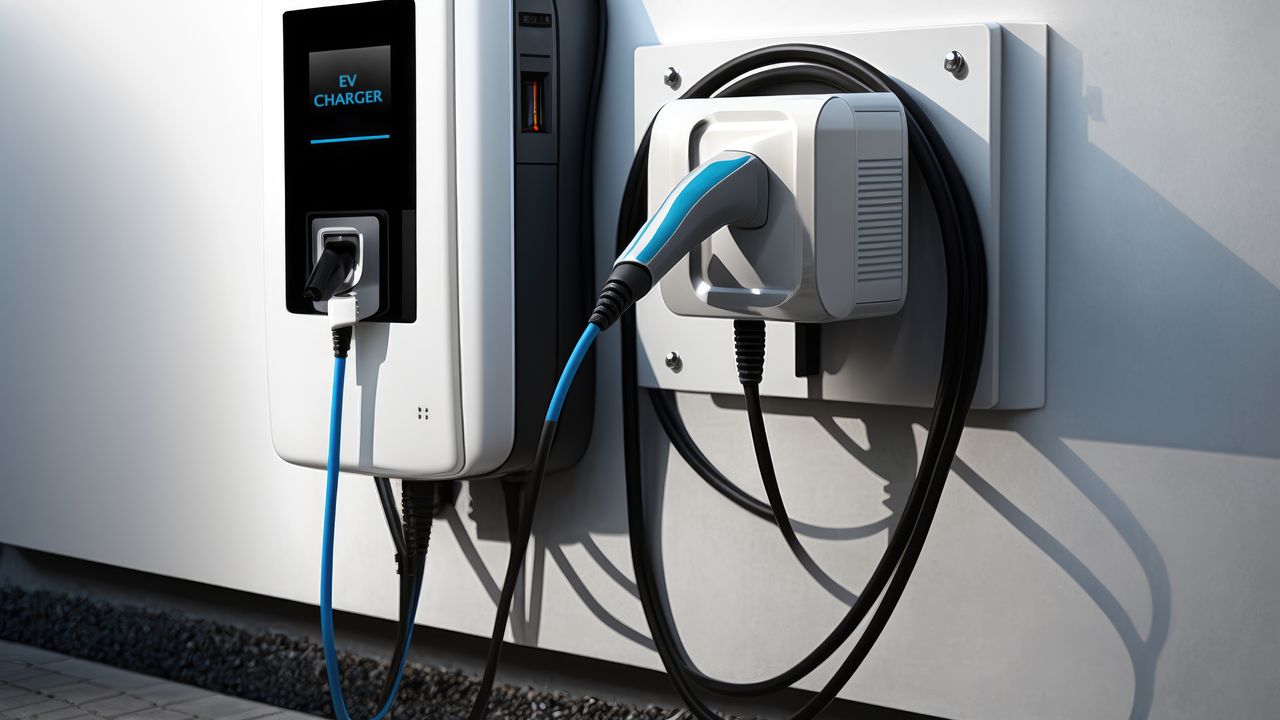EV Charging Platform Integration: Enhancing Efficiency and Security
As the demand for electric vehicles (EVs) continues to rise, the need for an efficient and secure charging infrastructure becomes increasingly important. EV charging platform system integration plays a crucial role in ensuring the smooth operation of charging stations, enabling seamless user experiences, and enhancing overall system performance. In this article, we will explore the significance of charging platform system integration, the benefits of platform upgrades, and the importance of platform security.
Charging Platform System Integration
Charging platform system integration refers to the process of combining various components and functionalities into a unified system that allows for efficient management and control of EV charging stations. This integration involves the harmonization of hardware, software, and communication protocols to ensure seamless interoperability between different charging stations and network operators.
One of the key advantages of charging platform system integration is the ability to provide real-time monitoring and control of charging stations. By integrating charging platforms with central management systems, operators can remotely monitor the status of charging stations, track energy consumption, and manage billing and payment processes. This level of control not only enhances the efficiency of charging operations but also enables operators to proactively address any issues or malfunctions.
Charging Platform Upgrades
Regular upgrades to the charging platform are essential to keep up with the evolving needs of EV users and advancements in technology. Upgrades can involve hardware enhancements, software updates, or the integration of new features and functionalities. These upgrades ensure that the charging platform remains compatible with the latest EV models and supports emerging charging standards.
One of the significant benefits of platform upgrades is the improvement in charging speed and efficiency. Newer charging platforms can support higher power outputs, enabling faster charging times and reducing waiting periods for EV users. Moreover, upgrades can introduce intelligent charging algorithms that optimize the charging process based on factors such as battery health, energy demand, and grid conditions. This not only enhances the user experience but also contributes to the overall stability and reliability of the charging infrastructure.
Charging Platform Security
Ensuring the security of EV charging platforms is of utmost importance to protect user data, prevent unauthorized access, and safeguard the charging infrastructure from cyber threats. With the increasing connectivity and integration of charging stations, the risk of security breaches and malicious attacks also rises.
Implementing robust security measures is essential to mitigate these risks. This includes encryption of communication channels, secure user authentication mechanisms, and regular vulnerability assessments. Charging platform security also involves monitoring for any suspicious activities or anomalies in the system, such as unauthorized access attempts or tampering with charging equipment. By proactively addressing security vulnerabilities, operators can maintain the trust of EV users and protect the integrity of the charging infrastructure.
Conclusion
EV charging platform integration, upgrades, and security are vital aspects of building a reliable and efficient charging infrastructure. By integrating charging platforms, operators can streamline operations, enhance user experiences, and optimize system performance. Regular upgrades ensure compatibility with the latest EV models and enable faster charging speeds. Lastly, robust security measures protect user data and prevent cyber threats. As the adoption of EVs continues to grow, investing in charging platform integration, upgrades, and security will play a crucial role in meeting the evolving needs of EV users and ensuring a sustainable future.
